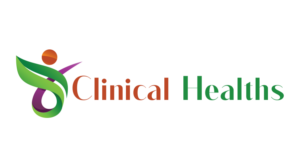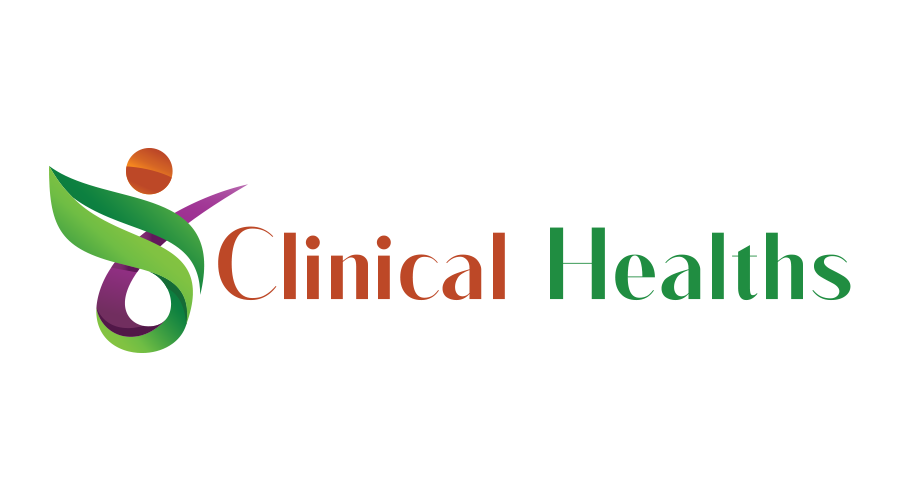Pursuing a career in pest management requires more than just a basic understanding of insects and rodents. Pest control classes provide the foundation for both entry-level technicians and experienced professionals to excel in this vital industry. These courses equip students with essential knowledge, practical skills, and the confidence needed to handle real-world pest control challenges effectively. From safety protocols to advanced treatment techniques, professional training ensures you are prepared for success in the field.
1. Understanding Pest Biology and Behavior
One of the most important skills gained in pest control classes is a deep understanding of pest biology and behavior. Knowing how pests reproduce, feed, and interact with their environment allows technicians to identify infestations accurately.
Whether dealing with termites, bed bugs, rodents, or cockroaches, this knowledge forms the basis for developing effective treatment plans and preventing recurring problems.
2. Safe Handling and Application of Chemicals
Safety is a top priority in pest management. Professional pest control training emphasizes the proper handling, storage, and application of pesticides and other control products.
Technicians learn how to follow label instructions, use protective equipment, and comply with local and federal regulations. These skills reduce the risk of accidents, protect the environment, and ensure that treatments are both safe and effective.
3. Inspection and Identification Techniques
Accurate inspections are crucial for successful pest control. Through hands-on exercises and guided instruction, pest control classes teach students how to identify signs of infestation and assess the severity of a problem.
This includes learning to spot droppings, damage, nests, and entry points. Being able to perform thorough inspections ensures that treatments target the root cause of the problem rather than just addressing visible symptoms.
4. Integrated Pest Management (IPM)
Modern pest control relies heavily on Integrated Pest Management (IPM) strategies, which focus on long-term prevention and minimal chemical use. Classes teach technicians how to combine biological, mechanical, cultural, and chemical methods to control pests effectively.
Learning IPM techniques helps reduce costs, environmental impact, and the likelihood of pest resistance, making technicians more versatile and effective in their roles.
5. Customer Service and Communication Skills
Professional pest control isn’t just about technical knowledge—it’s also about interacting with clients. Pest control classes often include training on effective communication, helping technicians explain inspection findings, treatment plans, and prevention strategies clearly.
Strong customer service skills build trust, improve client satisfaction, and encourage repeat business, which is essential for career growth.
6. Record-Keeping and Compliance
Keeping accurate records of treatments, chemicals used, and follow-up inspections is a critical skill taught in professional training.
These records ensure compliance with state and federal regulations and provide documentation in case of disputes or inspections. Learning proper record-keeping habits makes technicians more organized and reliable.
Conclusion
Professional pest control classes equip aspiring technicians with a comprehensive set of skills that go beyond basic pest knowledge. From understanding pest behavior, safe chemical application, and inspection techniques, to mastering Integrated Pest Management, customer communication, and compliance, these classes prepare students for real-world challenges. By gaining these essential skills, technicians can deliver effective, safe, and professional pest control services while advancing their careers in this growing industry.


